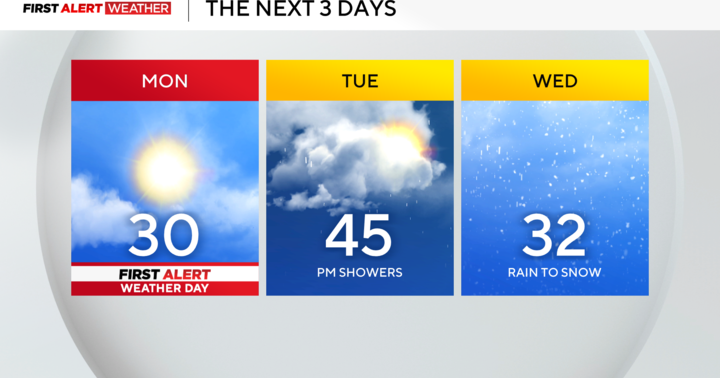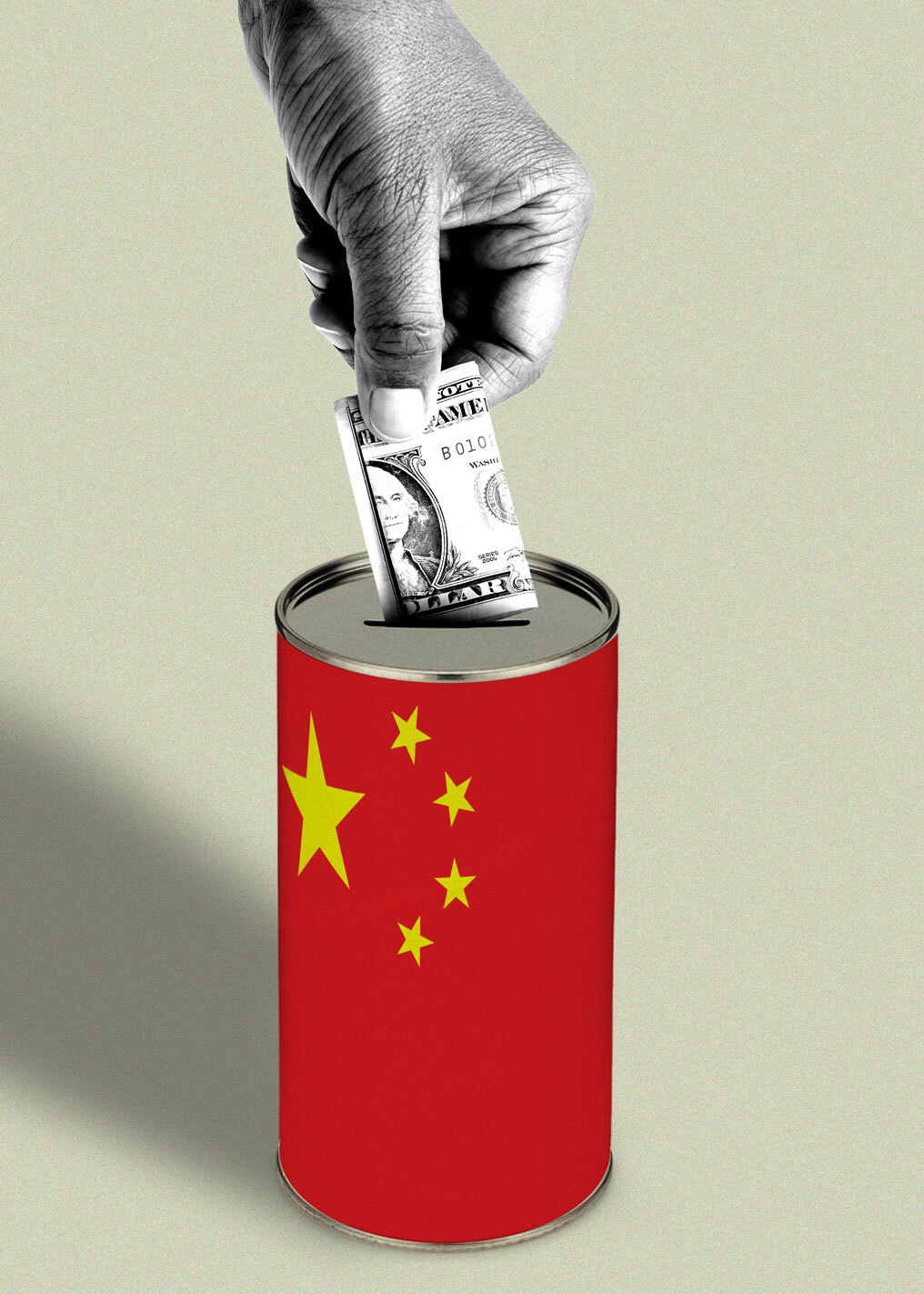Allergy season: Tips for dealing with early spring pollen and allergy symptoms
Spring allergy sufferers are dealing with symptoms even sooner - and longer - than usual.
Several regions of the United States are experiencing springtime conditions three to four weeks earlier than usual, according to the USA National Phenology Network, which tracks climate and seasonal changes and data.
And this year isn't an outlier, researchers predict, pointing to climate change as responsible for worsening allergy season.
According to Climate Central, a nonprofit focused on climate research, warming temperatures and shifting seasonal patterns are affecting both the length and intensity of allergy season in the U.S.
According to the U.S. Department of Agriculture and the University of Utah, allergy season is starting 20 days earlier and lasting 10 days longer than it did in the 1990s. The amount of pollen in the air has increased by more than 20%, according to the USDA.
"For the past few years, the allergies have been unusually more severe. The most important factor that we're seeing is the climate change," Dr. Mohammed Younus, an allergist and immunologist at Hackensack University Medical Center, told CBS News.
So how can we deal with the early onslaught of pollen in the air?
- Start treatment early
If you have a doctor-prescribed steroid for allergies, you should be taking it now, Dr. Flavia Hoyte from National Jewish Health told CBS News.
"It takes a couple weeks to build up, and you want it to really be at its peak, treating the inflammation fully, when the pollen starts at full force," Hoyte said.
- Block pollen out
"As much as possible, (keep) windows closed in the house as well as in the car," Hoyte adds.
- Beware of your pets bringing pollen in
"Some patients will say, 'But I'm not allergic to my dog,' but if the dog's in the bed, then you're sleeping with the pollen that the dog has just rolled around in," Hoyte explains.
- Keep clean
Doctors also advise taking a shower or changing your clothes after spending time outside to get rid of pollen.




